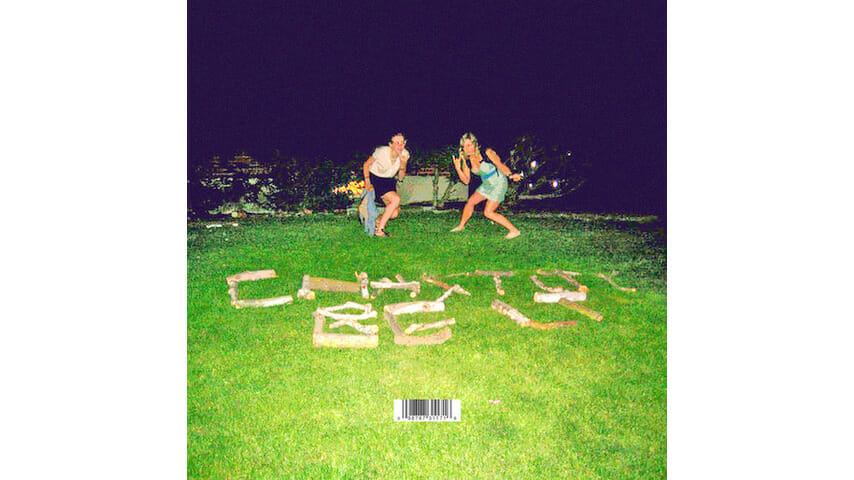Chastity Belt Dig Out Their Box of Memories on Chastity Belt
The Washington rock outfit leans toward introspection on their latest record
Music Reviews Chastity Belt
Within each of us lies the tragic ability to remember. As time marches on, we neatly index snippets of the past within the shoeboxes of our brains for safekeeping, only to selectively dig them out when we’re most vulnerable. It’s an absurd process—one that instills a destructive longing for how things used to be—but as nonsensical as it is, our entire sense of identity rests inside that box, and very few would choose to part with that.
Chastity Belt’s self-titled record is what happens when someone spends too much time sifting through their own shoebox—each song a forgotten vignette of past joys seen through the sobered eyes of the present.
Chastity Belt’s career has spanned almost a decade—one of enduring friendship, unabashed sexuality and punk sensibility—but the irreverent tongue-in-cheek style the band founded themselves on has been left behind. Now in its place is a sincere attempt at building a sense of self when helplessly lodged between past and present.
While Chastity Belt’s unruly post-punk sound, laid out in 2013’s No Regerts, often centered around a riot grrrl ethos of female empowerment and rebellion, their fourth record, Chastity Belt, leans heavily into introspection. Throughout the record, lead singer Julia Shapiro delivers her musings with a restrained air of wistfulness that, when placed over strums of muddied guitar, leaves songs carrying a somber demeanor.
On opener, “Ann’s Jam,” Shapiro reflects on the past, singing, “It was clear then, the sea before a storm / Now there’s a thick fog around everything I learn.” Shapiro’s figurative imagery lays out the dilemma at the center of the record: The simple beauty of the past has made the clouded present unbearable in comparison. When life begins to lose its significance in her eyes, she reverts to thinking about times spent singing along to scratched CDs in the mid ’00s.
Following Shapiro’s growing disaffection with the present, we see her begin to lose touch with herself due to an emotionally abusive partner, asking on “Elena,” “In the dark, can you tell what you’re made of? / Are you whole or pieces separated?” This existential question of identity implies that one’s personality can be easily manipulated and lost to another’s expectations under the guise of love.
Musically, the group bears more resemblance to slowcore outfits like Low than it does punk on Chastity Belt. Repetitive chugging guitars grow hypnotic across tracks like “Effort,” which also features somber violin flourishes to add to the ambiance. Even so, these elements tend to bleed together through tracks, beginning to follow a somewhat tiresome formula as the record progresses. But while the instrumentation is sparse and relatively simple, the few moments of sonic density are immediately noticed in comparison. “Half-Hearted,” for example, starts subtle but grows into an immense soundscape for the chorus, blasting full, grungy guitars at its peak.
Chastity Belt closes with a wave of screeching feedback on “Pissed Pants” that drowns out all unassuming instruments beneath—a fitting end to an album detailing the challenges of self-identity. Before Shapiro is overtaken by the cacophony, she sings her final lines, “I saw it clearly / I saw it coming / And now it’s gone,” as if her internal monologue has finally surrendered to the static of depersonalization. While the album has its moments of musical limitation and monotony, Shapiro’s central voice on Chastity Belt is teeming with insight, even when that insight is born from an identity of dissonance.